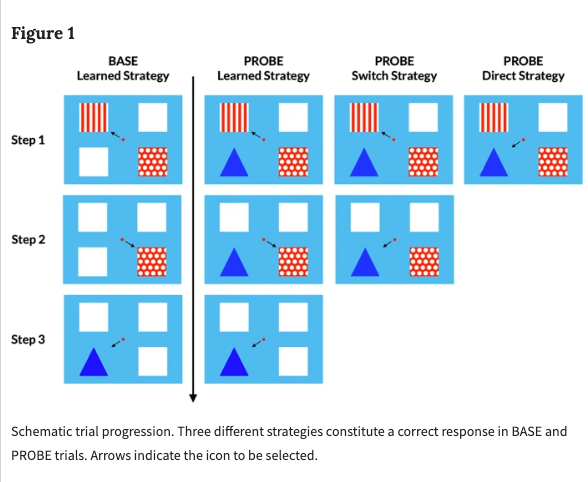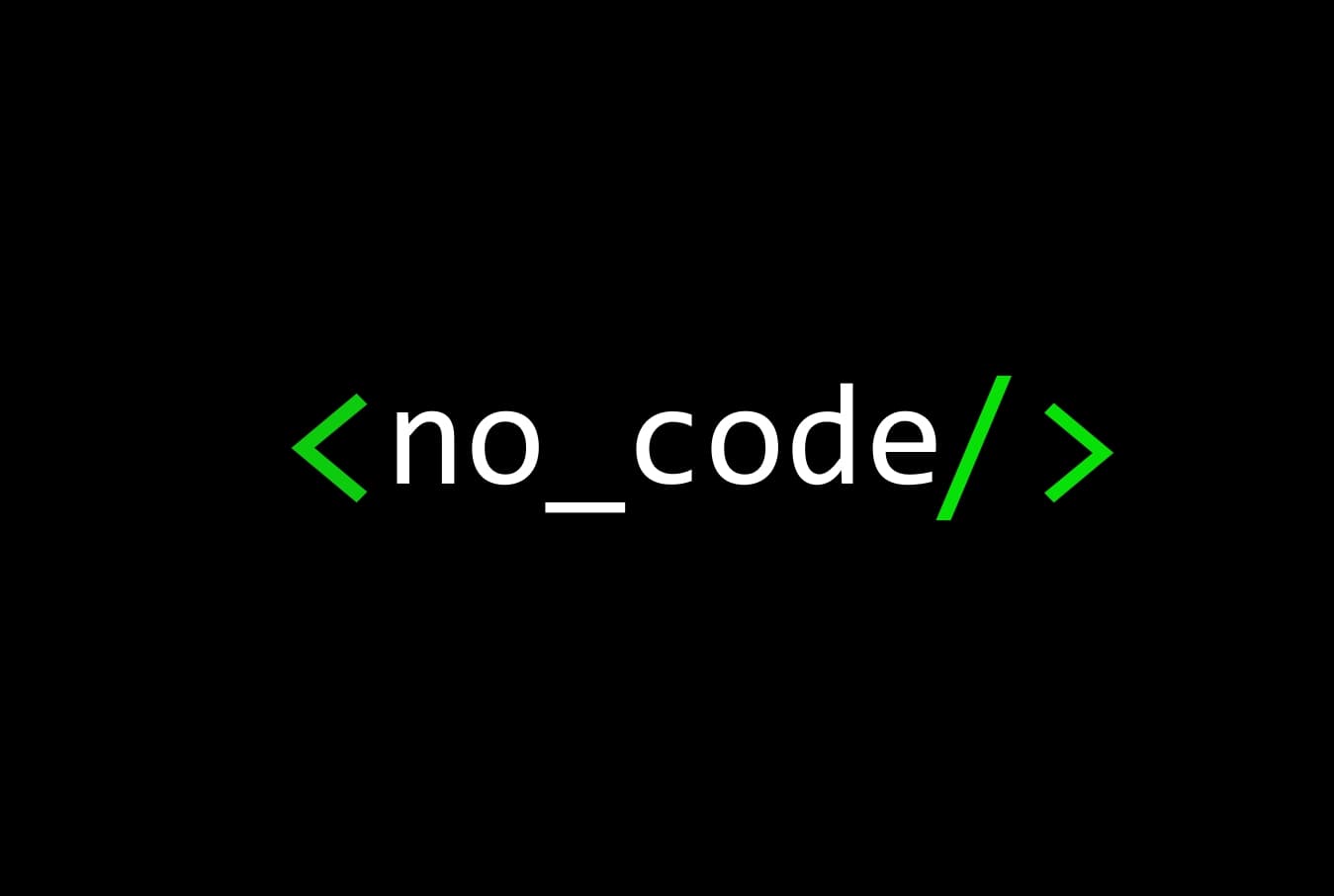We’ve seen numerous instances where AI has beaten human beings at computer games like Dota, and Chess. However, recent research conducted by the researchers at Georgia State University has concluded that monkeys are efficient in adopting innovative ways and strategies as compared to human beings who use inefficient strategies for solving problems.
The study involved pitting Capuchin and Rhesus macaque monkeys against undergraduate students in a simple computer game. It involved arriving at a solution by establishing a specific strategy for a problem.
There were 56 humans, 7 rhesus and 22 capuchin monkeys in the study as participants.
What was the ‘Simple’ Game?
In the game, monkeys and humans had to follow a pattern and push a striped square, a dotted square, followed by pushing a triangle to reach the goal. For human beings, computer jingled or displayed points to acknowledge the win, whereas, for monkeys, a banana pellet was displayed on the screen.

Once both the sides learned the strategies, the game shifted gears and now the option to push the triangle appeared immediately thus skipping the option to push squares (dotted as well as striped).
Surprisingly, all the monkeys used the shortcut, whereas 61% of human beings didn’t. Moreover, 70% of monkeys used the shortcut when it first appeared. Only one human being managed to do so in the study.
Conclusions From The Study
The study shows that monkeys were fast in switching to more efficient options; on the other hand, humans stuck to the taught rules.
“There’s a heavy reliance on rote learning and doing it the way you were taught and to specifically not take the shortcut,” said Waztek, the lead author of the research paper.
A large number of humans adopted the shortcut once they were shown videos of other individuals taking the shortcut. However, 30% of human beings still preferred the learned method.
The study concluded that humans rely much on learned methods that often leads to poor decision making and missed opportunities.
Humans can get stuck doing things “the way we’ve always done it” & miss out on easier solutions. Capuchins and rhesus monkeys don’t. Find out more in our newest paper on cognitive shortcut use out in @SciReports! w/ @SezDoesScience & SF Brosnan @CogSciGSU https://t.co/uzYfH6yNfM pic.twitter.com/T7T40uA03g
— Julia Watzek (@watzoever) September 13, 2019
To further prove the fact and analyze human behavior, Sarah Pope (a former graduate student from the Neuroscience Institute at Georgia State) conducted the same research with Namibia’s semi-nomadic Himba tribe. These people were not exposed to western education. It was found that they were quicker in using the shortcut as compared to the undergraduate students on which the initial study was conducted. However, more than half of semi-tribal people also relied on the traditional approach rather than choosing the shortcut.
The study was, then, also conducted on children between the 7 and 10 age group, and they were four times more open to choosing the shortcut to reach a solution as compared to adults.
You can read the complete research paper here.










